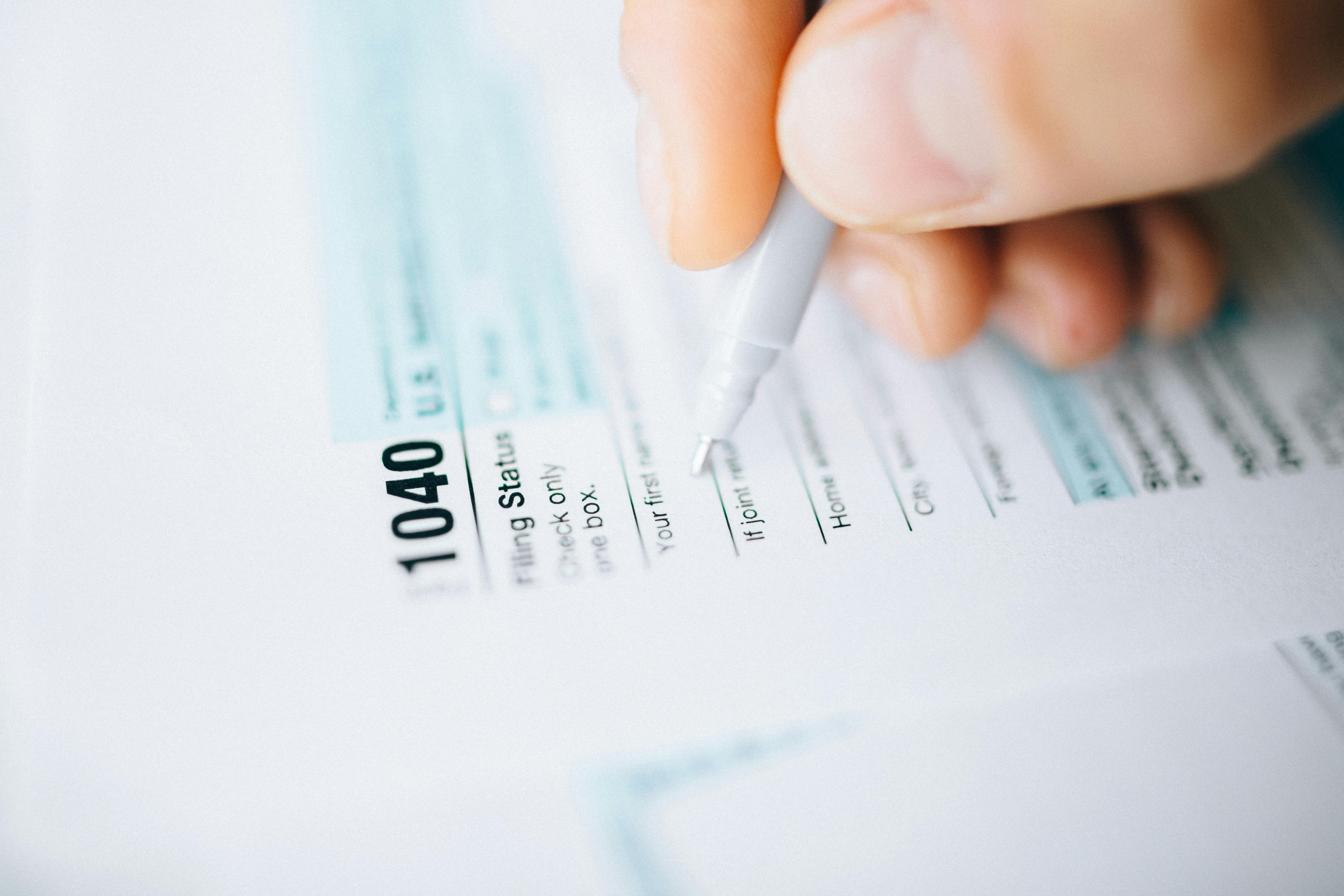Can Income Taxes be Discharged in Bankruptcy?

Background:
A common question people ask is whether they can wipe out income tax debt by filing bankruptcy. The answer, naturally, is that it depends. To better understand what may be dischargeable in bankruptcy, it is essential to examine what is not dischargeable in bankruptcy. The Bankruptcy Code has some rather complex language that provides some fairly straightforward rules regarding whether taxes are dischargeable or not, summarized below.
The Three-Year Rule:
The first of these rules is the three-year rule.1 For individuals filing a Chapter 7 or Chapter 11 case, the Bankruptcy Code states that income tax returns (i) for a tax year that ended prior to the filing of the bankruptcy petition and (ii) were last due within three years of the bankruptcy filing date are non-dischargeable.2 This rule contains a two-part test, illustrated below.
The first question is whether the tax year in question has concluded as of the date of the filing of the bankruptcy petition that commenced the bankruptcy case (the Petition Date).3 Most tax filers operate on a calendar year basis, so generally speaking, we are talking about prior year taxes and not current year taxes.
Second, if the income tax return was due within three years preceding the bankruptcy filing (look-back period), those taxes are likely not dischargeable in bankruptcy.4 The relevant date for a tax “being due” is “Tax Day,” which under normal circumstances (without extensions) falls on April 15th for most taxpayers. In other words, taxes that were due more than three years prior to the Petition Date may be dischargeable in certain circumstances.
As an example, if a debtor filed for bankruptcy on February 1, 2024, the income tax returns for 2020, 2021, and 2022 would all likely be due within this 3-year non-dischargeable “look-back period,” which in this case would be from February 1, 2021 to February 1, 2024. If we assume there were no extensions, the income tax returns would have come due on “Tax Day,” which would be April of the year following the tax period assessed: April 2021 for 2020 taxes, April 2022 for 2021 taxes and April 2023 for 2022 taxes. Therefore, in this example, taxes owed for years 2020, 2021, and 2022 with likely not be dischargeable in bankruptcy.
240-Day Rule:
The next rule applies only if the IRS has previously assessed a debtor’s taxes. Typically, a taxpayer will receive notice of the assessment, a demand of the amount owed including interest and any penalties directly from the IRS. The 240-day rule bars discharge for income taxes that were assessed within a look-back period of 240 days prior to the Petition Date.5
In other words, if a debtor’s taxes were assessed within 240 days prior to the bankruptcy filing, they are subsequently not dischargeable.6
That said, the Bankruptcy Code includes tolling provisions that could extend this 240-day period. Specifically, the “quantitative count” of the days prior to the bankruptcy filing when a tax was assessed does not include any days in which (1) the debtor was in a previous bankruptcy case where the automatic stay was in effect or (2) where an offer in compromise with the IRS was pending or in effect.7 In other words, time is essentially frozen, and the clock does not continue to run on the 240 days for these taxes to be dischargeable while a debtor is in bankruptcy or in the offer in compromise process.
If a debtor has filed a prior bankruptcy case, not only does that time involved in the previous case not count toward the 240-day time period, but the relevant lookback period increases to 330 days.8 Similarly, if the debtor previously had an “offer in compromise” (i.e., settlement offer with the IRS) pending or accepted, the respective days in which it was in effect or pending are subtracted, and the lookback period increases to 290 days.9
Whether the lookback period is 240 days or a longer period due to tolling, the main question is whether the government has assessed the debtor’s taxes during the lookback period. If yes, the taxes are non-dischargeable. If not, then it is possible the taxes may be discharged in bankruptcy.
Two-Year Rule:
The two-year rule governs returns that were either filed late or not filed at all. Very simply, if a tax return was never filed by the debtor, there is a straight-line prohibition on discharge.10 On the other hand, if the tax return was filed late but nonetheless filed before Petition Date, the question turns to how long before the Petition Date the tax return was filed. If the return was filed less than two years before the Petition Date, the tax is not dischargeable.11 If the return was filed more than two years prior to the Petition Date, the tax may be dischargeable.
So keep in mind that even if it is not possible to pay the taxes owed, it is always wise to at least file the returns to get the clock running on the lookback period and possibly be able to discharge those taxes in a future bankruptcy filing.
Fraudulent and Willful Evasion:
The last major bar to discharge is taxes that were either fraudulently filed or where there was evidence of a willful evasion of such taxes by the debtor.12 In this case, the taxes are not dischargeable under any circumstances.
Conclusion:
The Bankruptcy Code can provide a debtor with some powerful tools to wipe out certain debts. However, some debts, such as certain taxes, may still remain even post-bankruptcy, depending in large part on when those taxes were incurred, when the returns were due, whether the returns were filed on time (or at all), whether the government issues an assessment, and whether there were any prior bankruptcy cases or offers in compromise.
Authored by: Benjamin Keck and Travis Schneider.
DISCLAIMER: ALL INFORMATION CONTAINED HEREIN IS FOR INFORMATIONAL PURPOSES ONLY AND SHOULD NOT BE CONSTRUED AS LEGAL ADVICE. EVERY SITUATION IS DIFFERENT, SO YOU SHOULD CONSULT WITH AN ATTORNEY TO DETERMINE YOUR RIGHTS AND OBLIGATIONS REGARDING YOUR PARTICULAR SITUATION.
1 See 11 U.S.C §§ 523(a)(1)(A), 507(a)(8).
2 11 U.S.C § 523(a)(1)(A).
3 11 U.S.C § 507(a)(8)(A).
4 11 U.S.C § 507(a)(8)(A)(i).
5 11 U.S.C § 507(a)(8)(A)(ii).
6 11 U.S.C § 507(a)(8)(A)(ii).
7 11 U.S.C § 507(a)(8)(A)(ii).
8 11 U.S.C § 507(a)(8)(A)(ii)(II).
9 11 U.S.C § 507(a)(8)(A)(ii)(I).
10 11 U.S.C § 523(a)(1)(B)(i).
11 11 U.S.C § 523(a)(1)(B)(ii).

